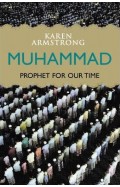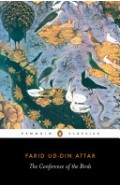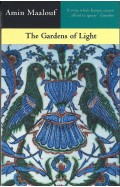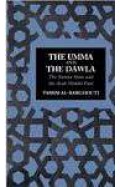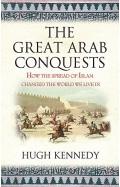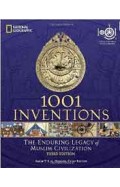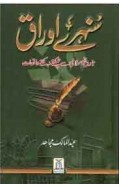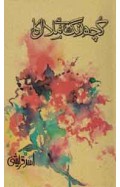- Home
- Books
- Sale
- Online Book Bazar Up To 60%
- 10% OFF
- Knots, Art & History: The Berlin Carpet Collection
Knots, Art & History: The Berlin Carpet Collection
By: Anna Beselin
-
Rs 11,065.50
- Rs 12,295.00
- 10%
You save Rs 1,229.50.
Due to constant currency fluctuation, prices are subject to change with or without notice.
Anyone who thinks of carpets has the bright colours of the Orient in mind. Knots, Art & History brings together the best, most unique carpets of the 14th–17th centuries from the Museum of Islamic Art in Berlin’s famous collection. Forty-five of the approximately 500 carpets from Spain, Egypt, Anatolia, the Ottoman Empire, the Caucasus, Persia and India represent the reunited collection for the first time in English. The catalogue presents the eventful history of the collection. With the beginning of research on Islamic art around 1900, and especially with Wilhelm von Bode’s groundbreaking research on carpets, the Berlin Collection became the center of international investigations. European painting was a focus here and Wilhelm von Bode’s dating method using paintings made the “Berlin School” known worldwide and influenced generations of researchers.
The tragic loss of almost all large Persian rugs during World War II marked a turning point for the collection, and the subsequent Cold War division of the collection significantly disrupted further studies of and appreciation for the Berlin carpet collection. Following the reunification of Germany, the former East and West Berlin collections were again joined, and Berlin carpet collection shines again.
Stunning illustrations and numerous details allow new insights and open up the peculiarities of each individual piece in the catalog section. This includes almost all exhibited carpets and is organised by chronology, geography and design motifs. A general introduction to each of the 9 chapters provides an overview of the historical, cultural and social context of each rug. Receiving special mention are the classical Anatolian carpets the ever-popular Persian examples, including the Persian animal carpets, the Mamluk carpets, and the niche or prayer carpets. Additional comparisons with other surviving rugs from private and public collections enhance the explanations and place the collection in an international context. Through detailed analysis and comparison, this book establishes the exceptional quality and uniqueness of many carpets including, the famous Dragon- Phoenix Carpet, the so-called Synagogue Carpet and the Indian Flower Carpet.
Anyone who thinks of carpets has the bright colours of the Orient in mind. Knots, Art & History brings together the best, most unique carpets of the 14th–17th centuries from the Museum of Islamic Art in Berlin’s famous collection. Forty-five of the approximately 500 carpets from Spain, Egypt, Anatolia, the Ottoman Empire, the Caucasus, Persia and India represent the reunited collection for the first time in English. The catalogue presents the eventful history of the collection. With the beginning of research on Islamic art around 1900, and especially with Wilhelm von Bode’s groundbreaking research on carpets, the Berlin Collection became the center of international investigations. European painting was a focus here and Wilhelm von Bode’s dating method using paintings made the “Berlin School” known worldwide and influenced generations of researchers.
The tragic loss of almost all large Persian rugs during World War II marked a turning point for the collection, and the subsequent Cold War division of the collection significantly disrupted further studies of and appreciation for the Berlin carpet collection. Following the reunification of Germany, the former East and West Berlin collections were again joined, and Berlin carpet collection shines again.
Stunning illustrations and numerous details allow new insights and open up the peculiarities of each individual piece in the catalog section. This includes almost all exhibited carpets and is organised by chronology, geography and design motifs. A general introduction to each of the 9 chapters provides an overview of the historical, cultural and social context of each rug. Receiving special mention are the classical Anatolian carpets the ever-popular Persian examples, including the Persian animal carpets, the Mamluk carpets, and the niche or prayer carpets. Additional comparisons with other surviving rugs from private and public collections enhance the explanations and place the collection in an international context. Through detailed analysis and comparison, this book establishes the exceptional quality and uniqueness of many carpets including, the famous Dragon- Phoenix Carpet, the so-called Synagogue Carpet and the Indian Flower Carpet.
Knots, Art & History: The Berlin Carpet Collection
By: Anna Beselin
Rs 11,065.50 Rs 12,295.00 Ex Tax :Rs 11,065.50
Zubin Mehta: A Musical Journey (An Authorized Biography)
By: VOID - Bakhtiar K. Dadabhoy
Rs 840.00 Rs 1,050.00 Ex Tax :Rs 840.00
1001 Inventions The Enduring Legacy Of Muslim Civilization
By: Salim T S Al-Hassani
Rs 7,695.00 Ex Tax :Rs 7,695.00
Goodnight Stories from the Life of Sahabah PBUH
By: Saniyasnain Khan
Rs 4,595.00 Ex Tax :Rs 4,595.00
No recently viewed books available at the moment.
Zubin Mehta: A Musical Journey (An Authorized Biography)
By: VOID - Bakhtiar K. Dadabhoy
Rs 840.00 Rs 1,050.00 Ex Tax :Rs 840.00
Knots, Art & History: The Berlin Carpet Collection
By: Anna Beselin
Rs 11,065.50 Rs 12,295.00 Ex Tax :Rs 11,065.50












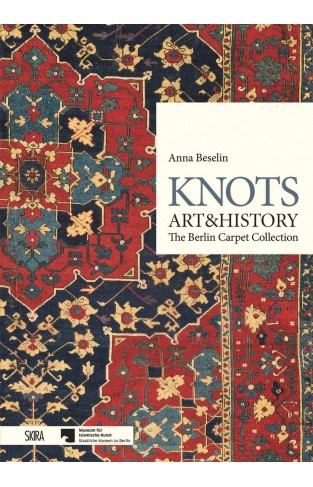
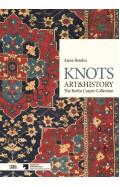
-120x187.jpg?q6)





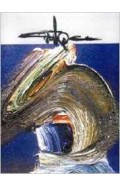
-120x187.jpg?q6)
